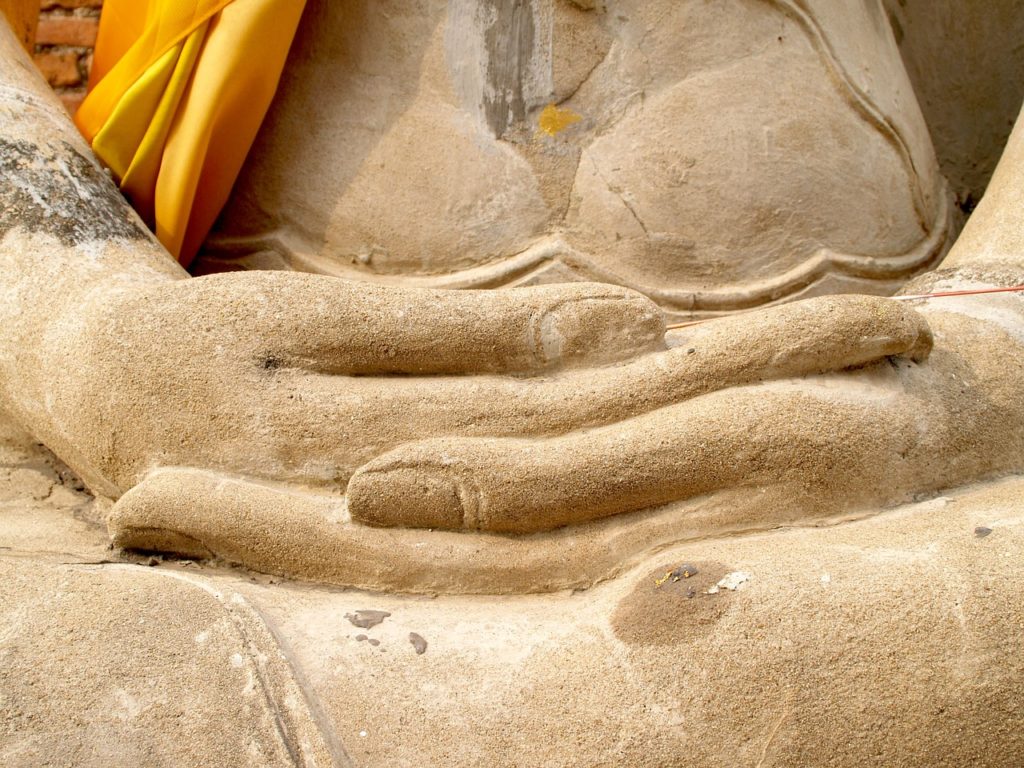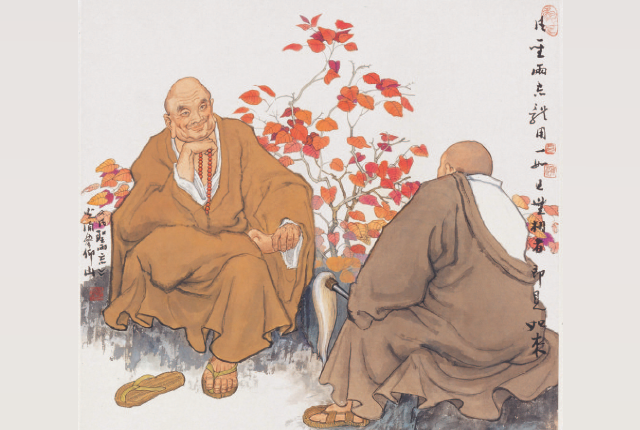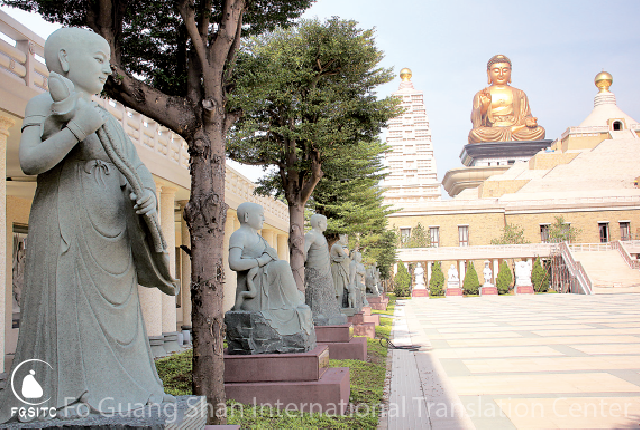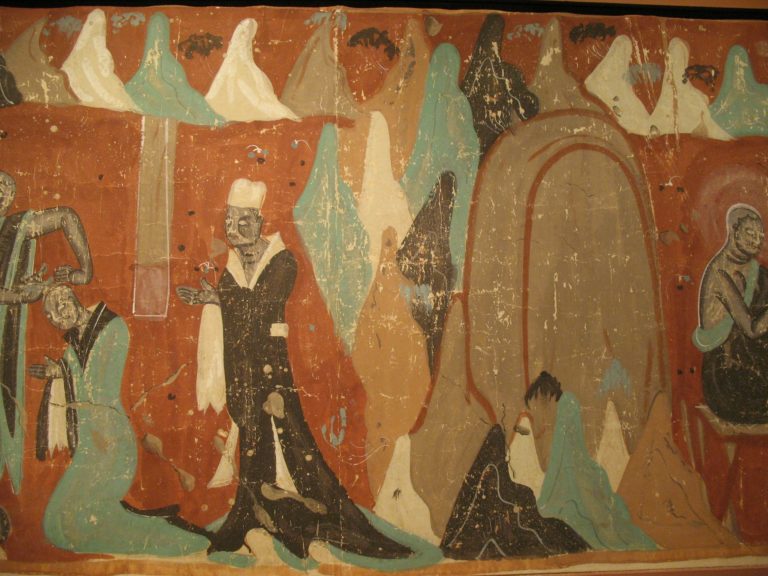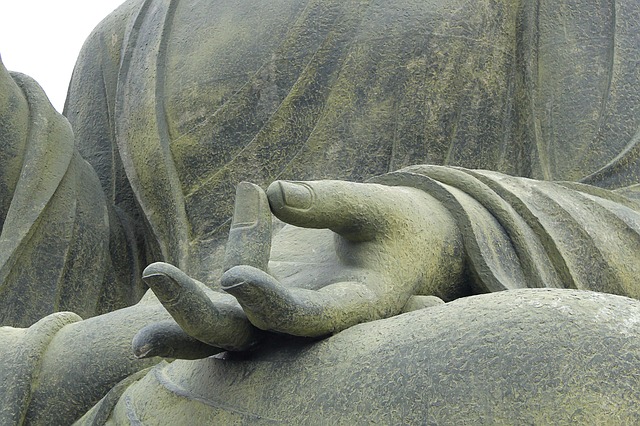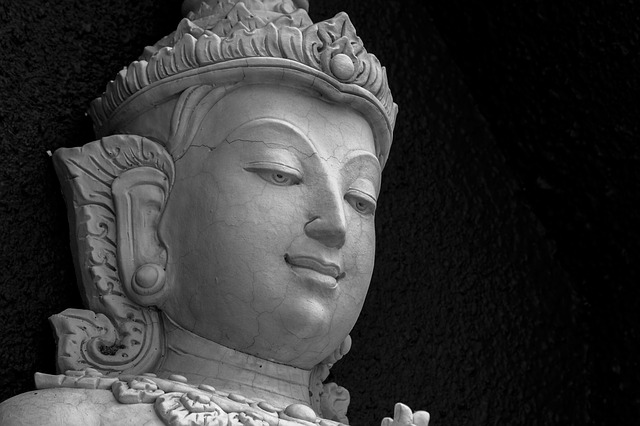
The ultimate solution for generating peace and accord in our relationships and in our world lies in seeing that we all are one.
Harmony and beauty within our lives and within our communities often fail due to our insistence on the duality of self and others. When we maintain the duality of self and others, we develop disproportionate levels of love and hatred, attraction and repulsion for other people, which throws our relationships out of balance; the capacity for affinity becomes dormant. We judge everyone around us, putting people into categories such as good and bad, acceptable and unacceptable, worthy and unworthy.
If we replace this spirit of separateness with compassion, much of the friction in human relations will disappear. There will be no inclination to like or dislike people; everyone will be regarded with the eyes of compassion.
When we can practice viewing ourselves and others through a lens of oneness, we will no longer engage in meaningless mind games that prevent us from forming positive connections with all beings.
Each of us, like a fine strand in a web, is a part of the overall picture. Take a look at the five fingers of the hand. They are all different in length. Each finger by itself cannot exert much force. However, if we combine the force of the five fingers, say into a fist, we can really pack a punch.
Instead of rejecting those who are different from us, we should learn to embrace them. Celebrating the differences in people while viewing everyone through the eyes of oneness nurtures powerful connections and creates a plane of existence where everyone is mutually supportive and respectful.
The peace and harmony that ensues from mutual respect and acceptance make the initial efforts all worthwhile. Instead of accentuating our differences, we should highlight our similarities. All beings share an inherent connection. We should treasure the similar conditions that bring us together as neighbors, friends and fellow inhabitants of this precious world.
Bodhisattvas embody this spirit of fundamental similarity and oneness. They love all sentient beings as if they were their own sons and daughters; they see all beings as not separate from themselves. When we suffer, they feel our pain; when we celebrate, they feel our joy. When they help us, they are also helping themselves. This is what is meant when we say, “Cultivate loving-kindness without conditions and ground compassion in oneness.”
From Living Affinity, written by Venerable Master Hsing Yun.
Image from Pixabay.



